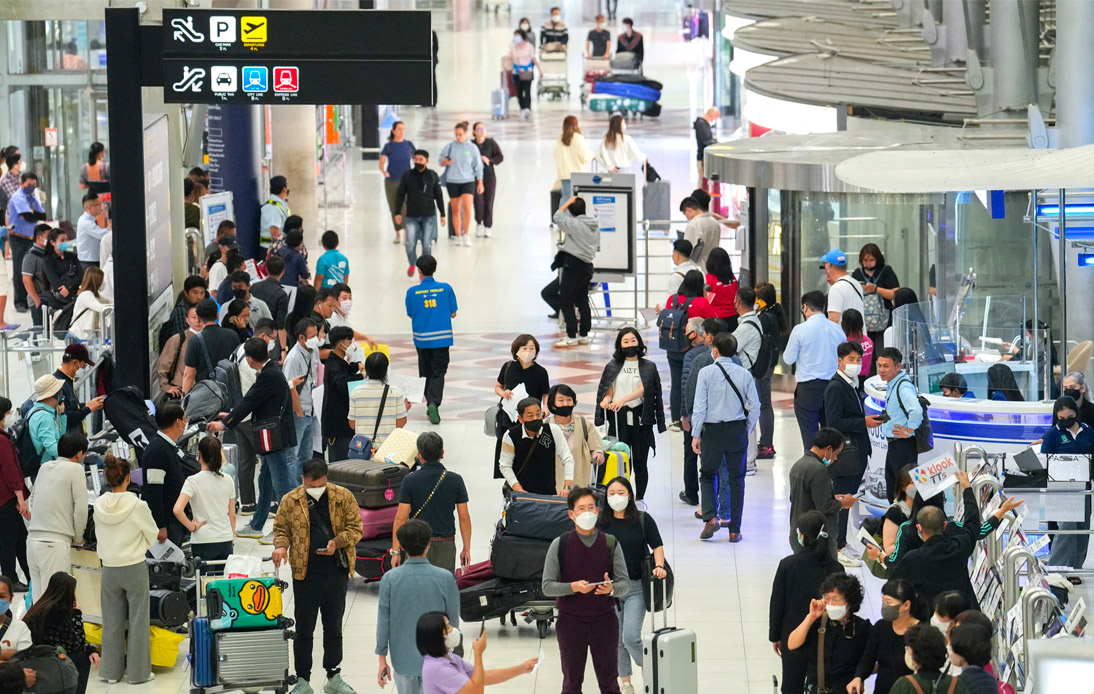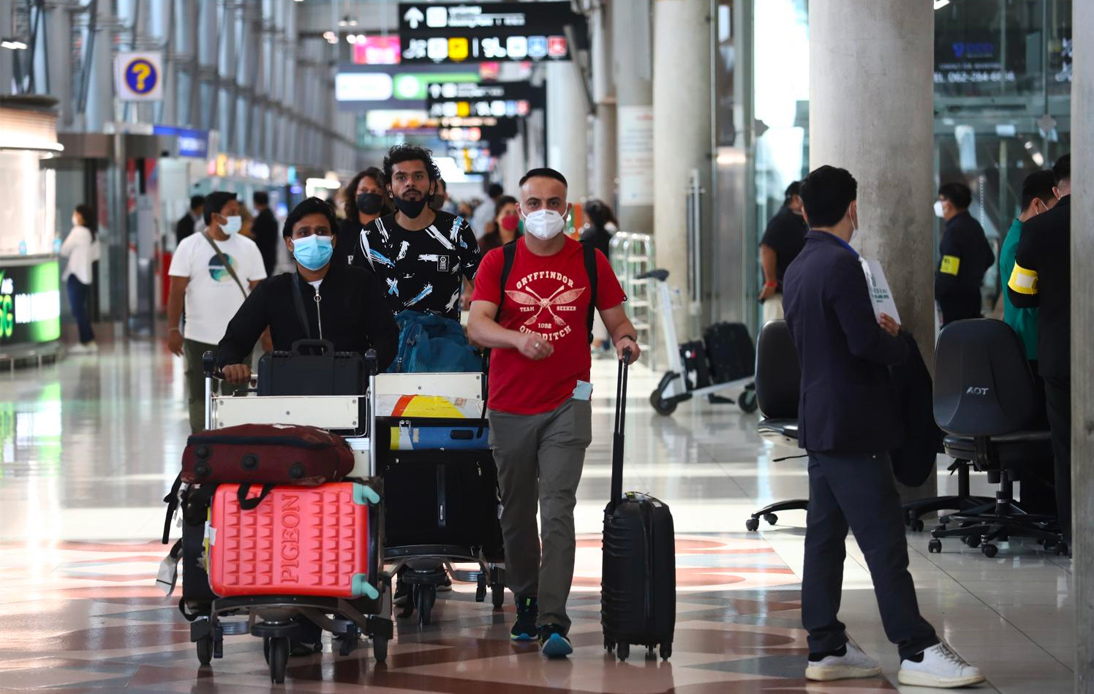
The fate of the proposed 300-baht tourism fee is in the hands of the new government, whose decision remains uncertain due to challenges arising from its unclear implementation.
The decision by the cabinet in February to charge a 300-baht tourism fee from air visitors and a 150-baht fee from land and sea visitors to Thailand has not been formalized in the Royal Gazette, hence lacks a specific timeline to kick-start the initiative.
Yuthasak Supasorn, governor of the Tourism Authority of Thailand, expressed that the fate of the project hinges on the decision of the new government as the details of fee collection are yet to be finalized.
He noted the resistance from the private sector that called for a more relaxed timeline, following the earlier proposal by the Tourism and Sports Ministry to begin collection in June.
The incoming government is poised to review and determine whether to carry on, delay, or alter the collection methods.
Yuthasak suggested that the collection of the tourism fee be deferred until the industry bounces back fully, ideally starting from 2024.
A government insider, who asked to remain anonymous, mentioned that civil servants lack the power to single-handedly initiate the fee collection process during a governmental transition.
There are various hurdles where the new government’s input is required, particularly with respect to collection strategies.
The initial plan involved incorporating the fee into airline tickets, but airlines have termed this as an unrealistic approach, leaving the ministry struggling to find workable alternatives.
There were discussions about establishing automatic kiosks at airports, but this could potentially lead to congestion and dissatisfaction among tourists given the high daily arrivals.
Marisa Sukosol Nunbhakdi, the Thai Hotels Association (THA) president, indicated that most hotel owners support the idea of pushing the project to the next year when the industry is healthier.
She affirmed the THA’s support for the project but insisted it shouldn’t commence this year.
“We want to reiterate our message to the new government that the timeline of this project should be revised,” Marisa stressed.
“The structure of the fund’s management must also be clear so we can explain to tourists how their money will be spent,” she continued.
In relation to a memorandum of understanding signed by eight coalition parties on Monday, agreeing to reclassify cannabis as a narcotic, she indicated that most hoteliers, who didn’t invest in cannabis businesses, would likely remain unaffected.





















